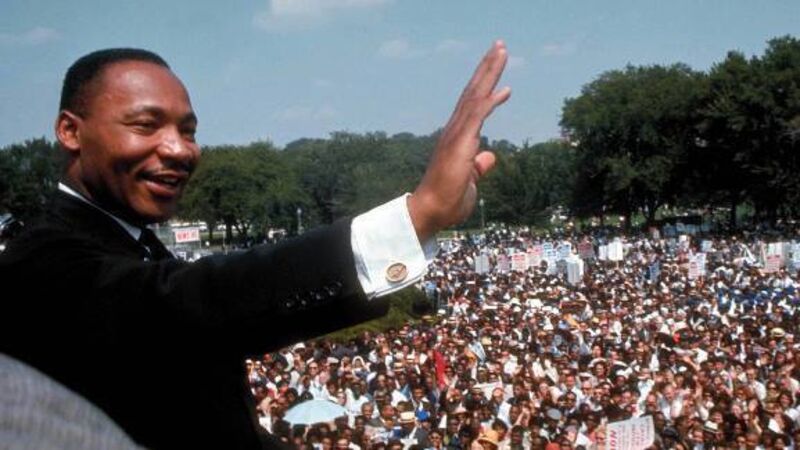Two anniversaries - Dreams still waiting for an answer

One — it fell yesterday — marked the centenary of Dublin’s 1913 lockout when James Larkin led the Irish Transport and General Workers’ Union strike. The objective was trade union recognition and a wage that might allow workers and their families escape appalling living conditions. During the four-and-a-half month strike workers faced unsympathetic and violent police, strike breakers and the reality that their actions imposed hardship and hunger on their families. They laid the foundations of Irish trade unionism and for almost seven decades the movement’s influence grew. Today, outside the public sector at least, unions are ever more irrelevant and in many instances completely absent. From many workers’ viewpoint Larkin’s objectives remain elusive. For many employers, especially foreign investors, his influence is still far too potent. This divide will continue as long as employers are supported by the courts in their refusal to recognise trade unions.
Tomorrow, America’s president Barack Obama, the hyperpower’s first black president, will speak from the steps of the Lincoln Memorial, in Washington, the very place used by Martin Luther King to deliver his seminal ‘I have a dream’ rallying cry in 1963. That march was the first great, non-violent demonstration that made a real difference in American life. It led to Lyndon Johnston’s society-changing 1964 Civil Rights Act.














